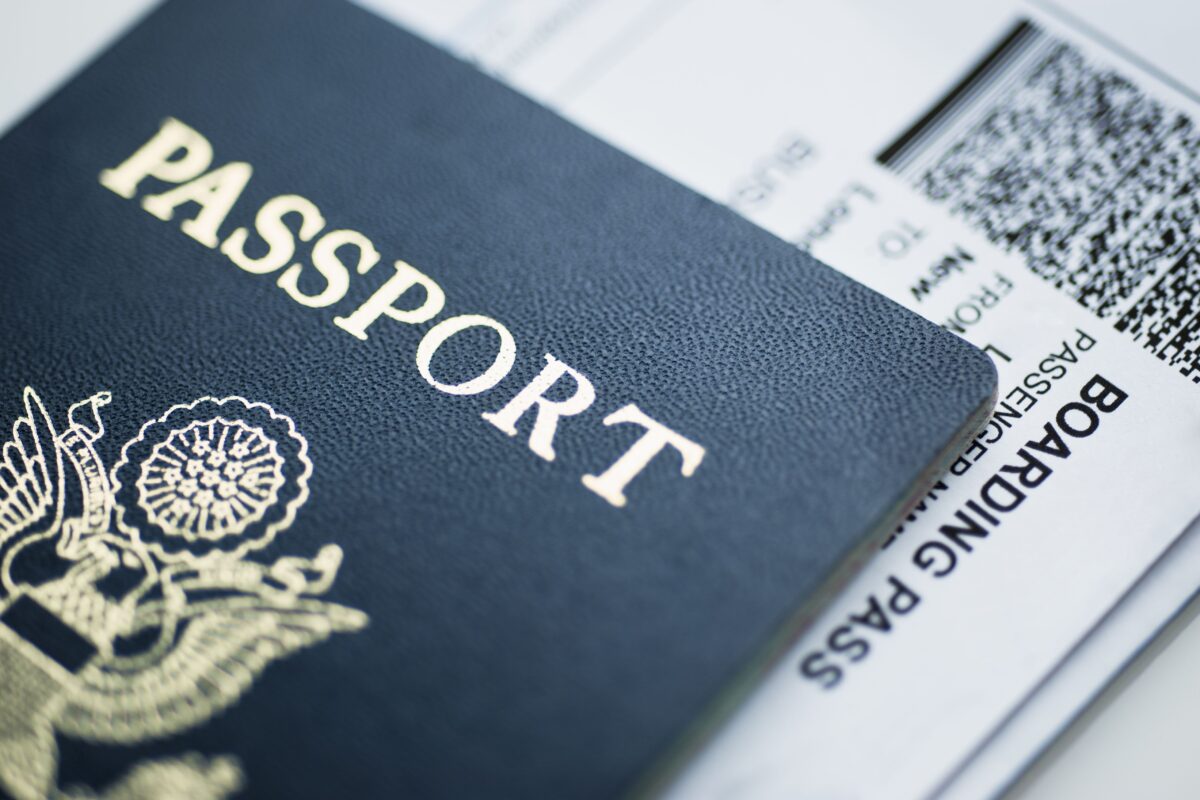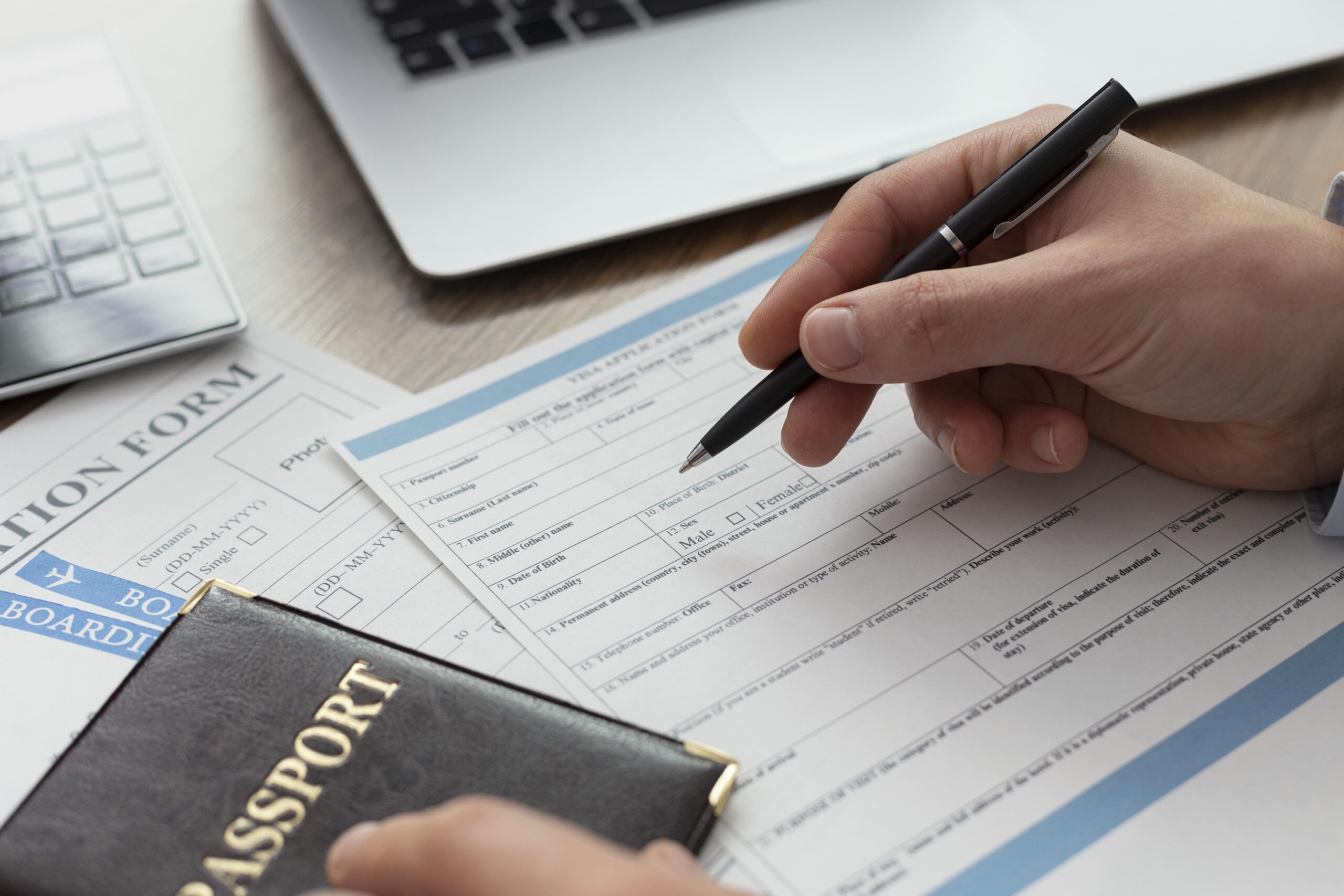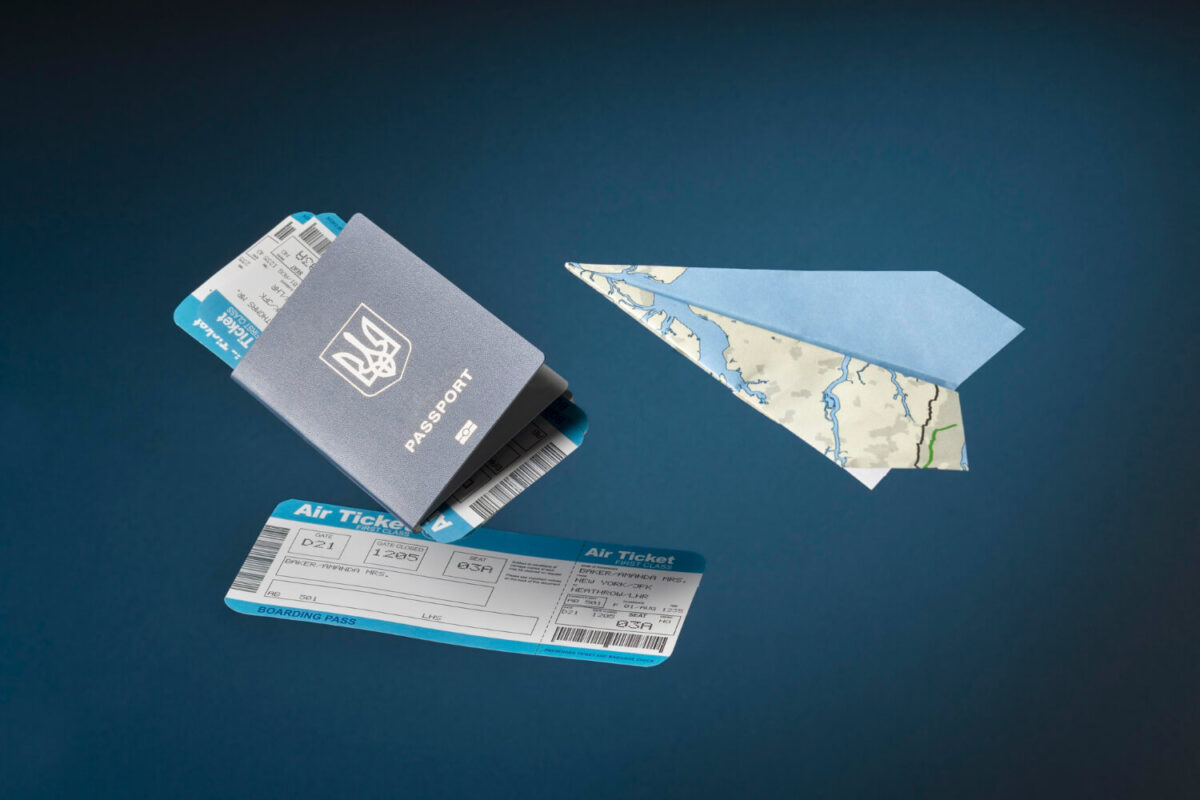In today’s interconnected world, a second passport can offer numerous advantages, from enhanced travel flexibility to added security. Here’s why you might consider obtaining a second passport and how you can achieve this without stepping foot in the country where you’re seeking it.
Benefits of a Second Passport
- Travel Flexibility: Avoid visa delays and interruptions by having a backup passport.
- Increased Access: Circumvent restrictive visa policies and travel bans.
- Enhanced Privacy: Protect your personal information and travel records.
- Emergency Backup: Have a contingency plan in case of passport loss or theft.
- Business and Personal Needs: Manage international engagements and reduce bureaucratic delays.
How to Obtain a Second Passport Remotely
- Research Eligibility Requirements: Understand the specific criteria for obtaining a second passport in your desired country. Many countries offer citizenship by investment programs, naturalization options, or other pathways.
- Apply Online or by Mail: Many countries allow you to initiate the application process remotely. Check the official website of the passport-issuing authority for detailed instructions.
- Utilize Legal Representation: If necessary, appoint a reputable agency to handle the application process on your behalf. They can assist with gathering documents, submitting applications, and liaising with authorities.
- Provide Required Documentation: Submit all necessary documents, including proof of citizenship, travel needs, and any other required information.
- Pay Fees and Await Processing: Complete the financial requirements and monitor the application status. Processing times may vary.
- Receive Your Passport: Once approved, your second passport will be sent to you.
Conclusion
A second passport can significantly enhance your international mobility and provide peace of mind. By understanding the benefits and following the correct procedures, you can unlock a world of opportunities.
Additional Tips:
- Start Early: Begin the process well in advance to allow ample time for documentation and processing.
- Consult with Experts: Seek advice from immigration attorneys or consultants specializing in second passports.
- Consider Citizenship by Investment: Explore programs that offer citizenship in exchange for a significant investment.
- Stay Informed: Keep up-to-date with changes in immigration laws and regulations.
By taking these steps, you can increase your chances of successfully obtaining a second passport and enjoying its numerous advantages.
In today’s interconnected world, a second passport can offer numerous advantages, from enhanced travel flexibility to added security. Here’s why you might consider obtaining a second passport and how you can achieve this without stepping foot in the country where you’re seeking it.
Benefits of a Second Passport
- Travel Flexibility: Avoid visa delays and interruptions by having a backup passport.
- Increased Access: Circumvent restrictive visa policies and travel bans.
- Enhanced Privacy: Protect your personal information and travel records.
- Emergency Backup: Have a contingency plan in case of passport loss or theft.
- Business and Personal Needs: Manage international engagements and reduce bureaucratic delays.
How to Obtain a Second Passport Remotely
- Research Eligibility Requirements: Understand the specific criteria for obtaining a second passport in your desired country. Many countries offer citizenship by investment programs, naturalization options, or other pathways.
- Apply Online or by Mail: Many countries allow you to initiate the application process remotely. Check the official website of the passport-issuing authority for detailed instructions.
- Utilize Legal Representation: If necessary, appoint a reputable agency to handle the application process on your behalf. They can assist with gathering documents, submitting applications, and liaising with authorities.
- Provide Required Documentation: Submit all necessary documents, including proof of citizenship, travel needs, and any other required information.
- Pay Fees and Await Processing: Complete the financial requirements and monitor the application status. Processing times may vary.
- Receive Your Passport: Once approved, your second passport will be sent to you.
Conclusion
A second passport can significantly enhance your international mobility and provide peace of mind. By understanding the benefits and following the correct procedures, you can unlock a world of opportunities.
Additional Tips:
- Start Early: Begin the process well in advance to allow ample time for documentation and processing.
- Consult with Experts: Seek advice from immigration attorneys or consultants specializing in second passports.
- Consider Citizenship by Investment: Explore programs that offer citizenship in exchange for a significant investment.
- Stay Informed: Keep up-to-date with changes in immigration laws and regulations.
By taking these steps, you can increase your chances of successfully obtaining a second passport and enjoying its numerous advantages.






